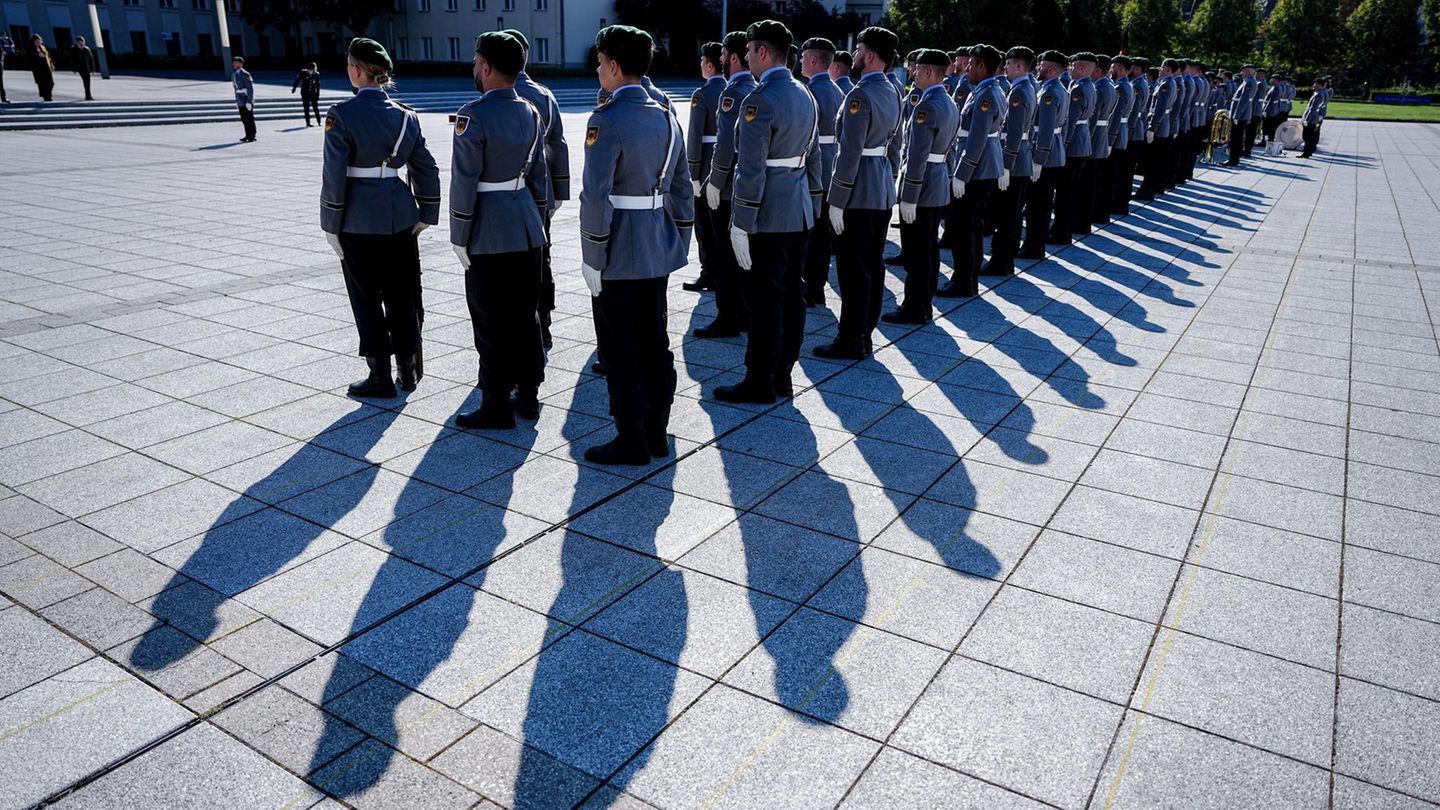Behind that is a “divorce” between justice and the saturated prison system that adds to the blood trail of prison violence in Ecuador, where nearly 400 inmates have died in just over a year, experts say.
The last massacre took place early Monday morning in the Bellavista jail in Santo Domingo (about 80 km from Quito), where 44 prisoners were stabbed to death in their cells. It was the sixth since February 2021.
The trigger? The criticized transfer of a gang leader R7 from a high security prison thanks to a judge’s order.
R7 is a rival of Los Lobos, another gang linked to drug trafficking, according to the authorities, who suspect that the leader’s presence sparked the riot.
“This type of transfer is what harms the governance of prison centers” because it is done without the “endorsement of the reports” of the body in charge of administering the SNAI prisons, said its head, Pablo Ramírez.
It is not the only case. According to the SNAI, in the last month 224 inmates in the El Turi prison -where another massacre in April left 20 dead- were transferred by judicial order to other prisons with few conditions to receive them. Most went to Bellavista, which ended up being saturated.
The Minister of the Interior, Patricio Carrillo, accuses the justice in some cases of “a discretionality that today already puts the safety of many people at risk.”
A court in the province of Azuay, where El Turi is located, accused instead to the penitentiary service of being “the only one responsible for the prison crisis”.
As accusations go from one side to another, blood is spreading in and out of Ecuador’s prisons.
For many years safe from the violence of their neighbors Colombia Y Peru -the two largest world producers of cocaine-, Ecuador closed last year with a rate of 14 murders per 100,000 people, almost double that of 2020.
Drug trafficking has grown at the same time and the government decreed a state of emergency until the end of June in three western provinces, Guayas, Manabí and Esmeraldas, the hardest hit by drug trafficking.
And the authorities attribute the deaths behind bars to the unbridled struggle between gangs for control of drug sales.
But experts also point to problems in the state.
Between the judicial system and the penitentiary “there is a divorce because if not, this type of thing would not happen,” Alfredo Narváez, spokesman for the prison pacification commission created by the government of President Guillermo Lasso, told AFP.
Critics denounce judicial excesses as in the case of the leader of R7: in Bellavista the security was not adequate and there is an overcrowding of prisoners.
But they also denounce an exaggerated use of preventive detention, as well as delays by the courts in extending prison benefits and release tickets, creating “overcrowding and a problem for the prison administration,” said Narváez.
Among the measures to decongest prisons, Guillermo Lasso’s government has a plan to pardon some 5,000 prisoners this year.
Some 39,000 people remain in Ecuador’s 65 prisons, 30% above capacity. Of the total, 15,000 are without sentence.
In an attempt to stop the killings, one of the worst in Latin America, the government has also promoted the relocation of prisoners.
After the massacre in Santo Domingo, he ordered the transfer of six inmates to two maximum security prisons.
But those are equally controversial.
For Daniel Pontón, dean of the School of Security and Defense of the Institute of Advanced National Studies (IAEN), prisoner transfers create “power vacuums” in prisonswhich in turn lead to struggles for leadership and “that is where the violence occurs.”
Bellavista, a relatively small prison, had not been the scene of massacres until now. What happened on Monday was a “carnage,” said the sister of one of the inmates disconsolate.
The massacres had been concentrated in the past in large prison complexes in the provinces of Guayas, Azuay and Cotopaxi.
“The prison gangs have understood that violence is their modus operandi to be able to reverse this intention of the State to maintain control,” commented Pontón.
And show “who bosses who,” he said.
Source: Ambito
David William is a talented author who has made a name for himself in the world of writing. He is a professional author who writes on a wide range of topics, from general interest to opinion news. David is currently working as a writer at 24 hours worlds where he brings his unique perspective and in-depth research to his articles, making them both informative and engaging.




